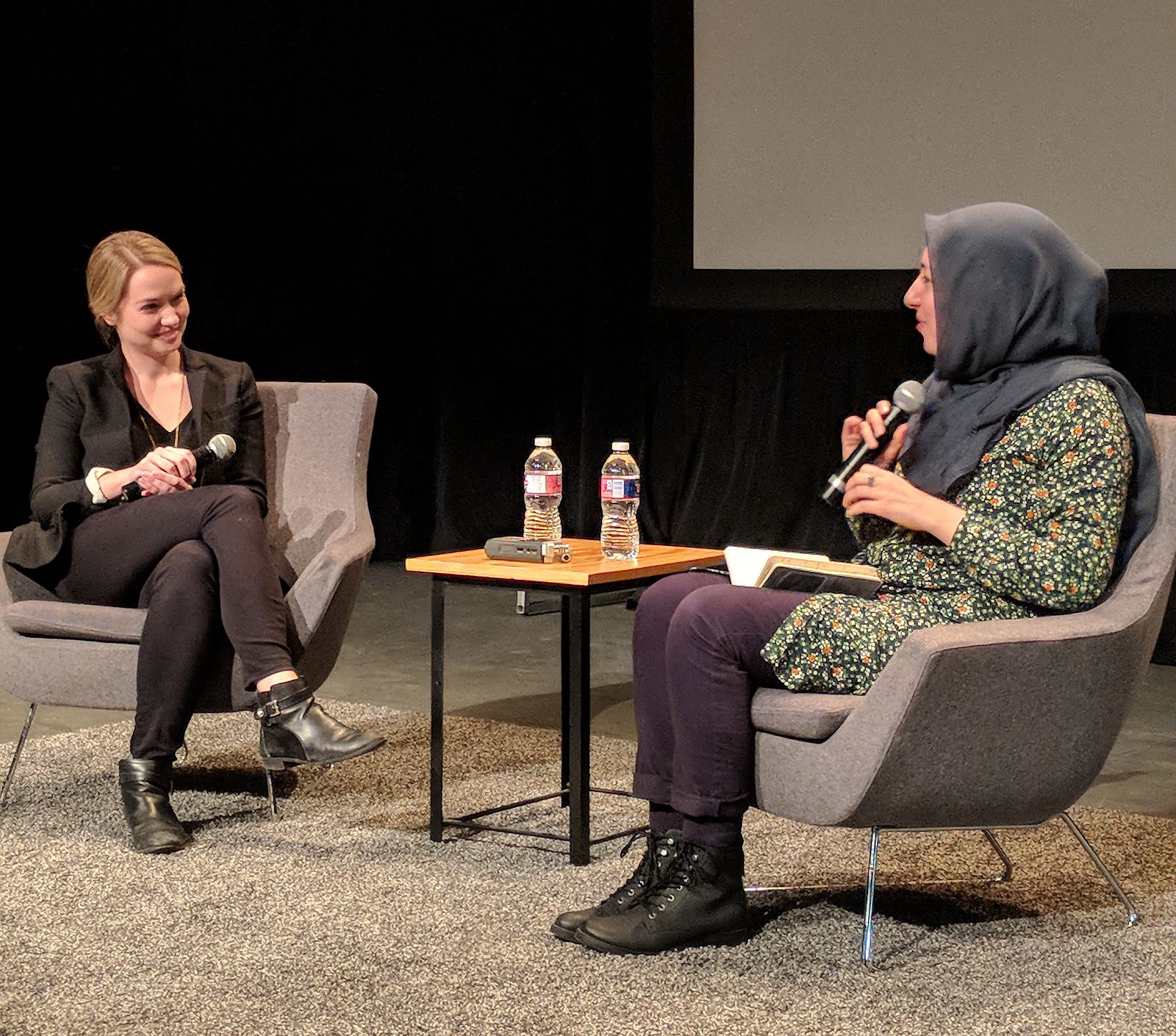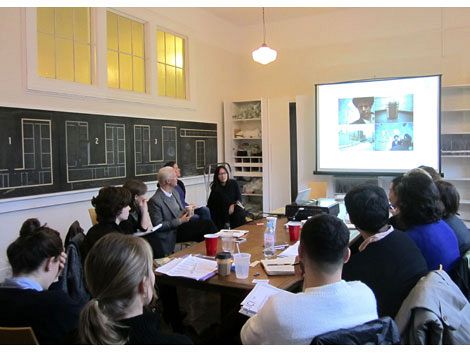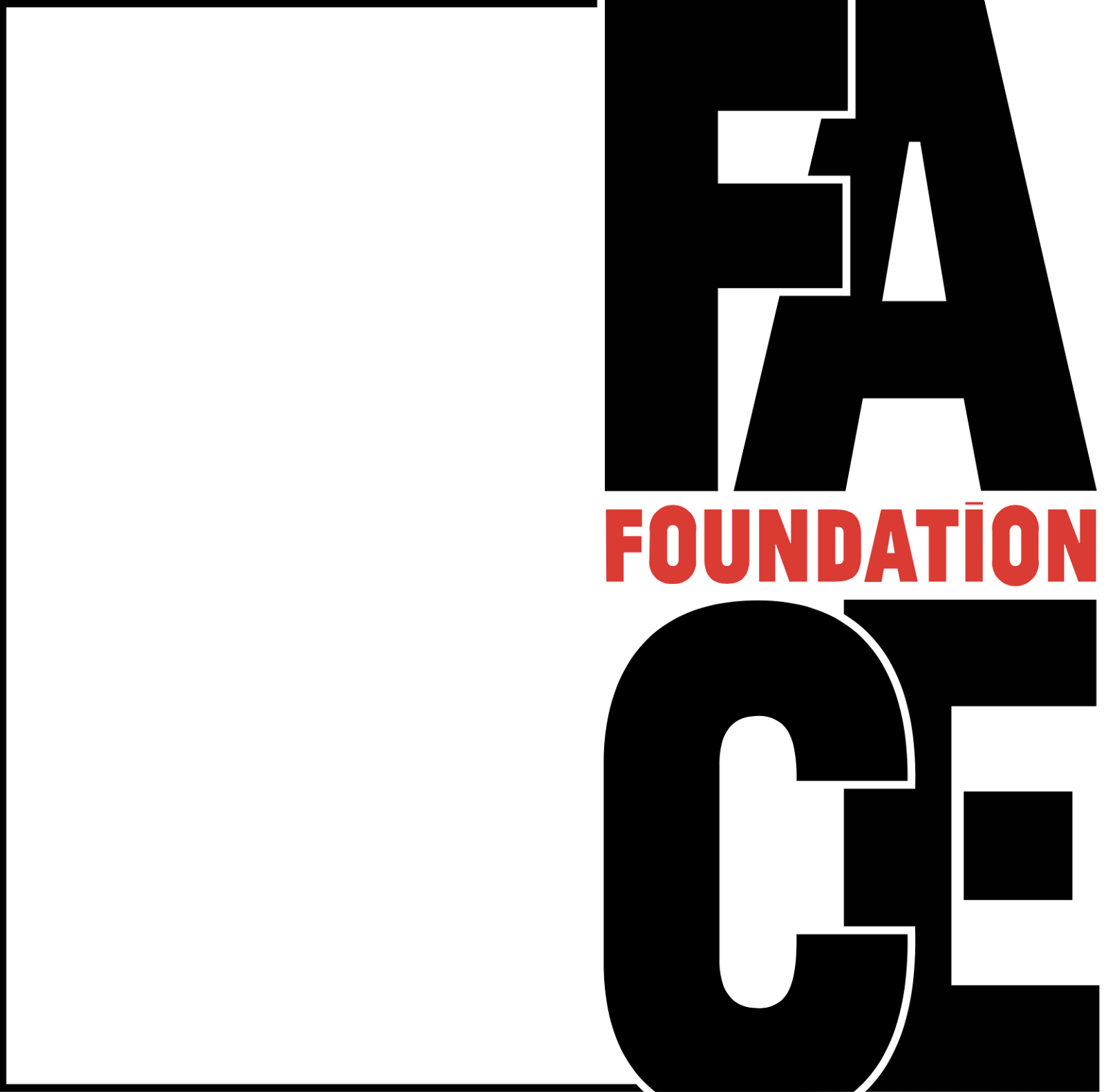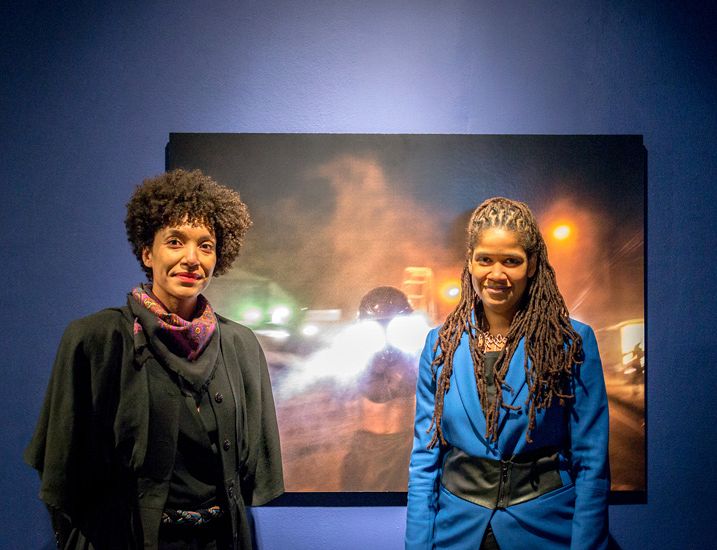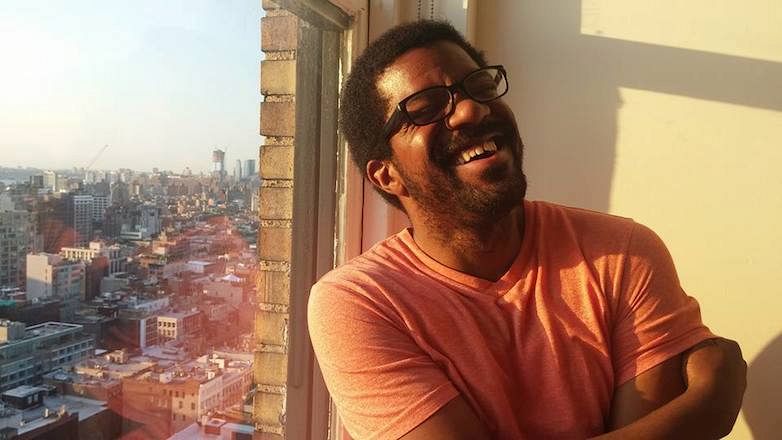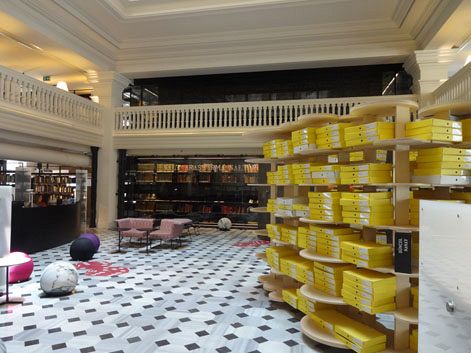Curator Robin Atkinson developed this propsal during the Summer 2010 Curatorial Intensive in New York. The proposal eventually became the exhibition CATALYST at Whitebox Gallery in New York on view from January - February 2011.
CATALYST is an exhibition exploring the ways in which artists from Southern Louisiana have critiqued and confronted the Gulf Coast Oil Crisis and its connected issues. Using the oil spill as a spark to ignite an environmentally and socially charged conversation, this exhibition, on view at Whitebox Gallery in early 2011, will give audiences access to the poignant socially engaged art created by Southern Louisiana artists in response to the habitual neglect of their regional environment and the people that call it home.
The Gulf Coast Oil Crisis began on April 20, 2010 with the explosion and subsequent sinking of the BP leased oil rig, Deepwater Horizon. The following 86 days saw hundreds of millions of gallons of crude oil spewed into the waters of the Gulf of Mexico. Though the well was successfully capped on July 15th, temporarily halting the flow of oil, a permanent solution has yet to be reached. Environmental experts estimate that between 90 million and 180 million gallons were released into the Gulf of Mexico, making the Deepwater Horizon spill the largest ever maritime oil spill to occur US controlled waters. Widely regarded as the worst environmental disaster in our nation’s history, the crisis along the Gulf Coast is threatening the extinction of both a unique environmental ecosystem, and also the ways of life that the have been built upon it.
Although the Deepwater Horizon Oil Spill is unparalleled in size and environmental impact, it is only a symptom of a wider and more persistent problem. Negligence on the part of the government, the oil industry, and the nation have deeply impacted Southern Louisiana over the decades. Even after the hemorrhage is permanently plugged, the citizens of the coast will be facing the consequences of this disregard for years to come. CATALYST uses this current crisis to address these long-standing endemic social and political issues that have led to this catastrophe.
CATALYST is organized around three principal themes of socially engaged art practice in Southern Louisiana. The first practice consists of art addressing environmental protection and preservation. Here, Michel Varisco’s epic photo-documentation of the rapidly deteriorating Louisiana Wetlands serves as a salient example of artwork that celebrates the beauty of the native environment as well as acting as a memento mori of what is at risk and what has already been lost. Similarly, Willie Birch’s large-scale drawings call attention to the land. His work addresses the beauty and complexity of the mundane, portraying the everyday landscapes of New Orleans to underline the inseparable connection between the artist and the land. The second practice explored in this exhibition is art produced to increase social consciousness by examining interactions between diverse individuals and groups. Ron Bechet’s sculpture Crabs in a Barrel is a commentary on our inability to work collectively for the benefit of the whole. Like crabs stuck in barrel, rather than working together, we as individuals, as states, and as nations, are constantly undermining each other in pursuit of our own interests, systematically ensuring our prolonged collective struggles. The third practice includes art created for political activism. The work of native New Orleans artist Dan Tague exemplifies art that addresses political issues. His installation for CATALYST will address the 32 billion dollars that has been set aside by BP for gulf restoration. His installation, which will consist of a looming chalkboard onto which “healthcare, education, and adequate housing are for the privileged” is written addresses the historically lacking public policies of Southern Louisiana. In front of the chalkboard is a child’s school desk onto which the long-standing slogan for the city of New Orleans - care forgot - will be carved. This piece questions the billions of dollars dedicated to the damage in the Gulf, which scientists and industry experts alike fear may be irreparable. Tague’s stance is that if only a fraction of that money were dedicated to repairing the educational system in Southern Louisiana, the pervasive problems of homelessness, crime and drug related violence could be almost eradicated.
In light of a disaster as large, and frankly as horrific, as that which has been unfolding in the Gulf of Mexico since April, the artists in CATALYST have come to understand that it is their responsibility, the least they can do, to begin demanding answers and raising national awareness, not only to issues surrounding the oil spill, but also to the endemic social, environmental, and political maladies that have long plagued the area.
In the response to decades of neglect and preventable disasters, the art of Southern Louisiana has shifted to reflect an artistic consciousness focused on celebrating, protecting, and preserving one of the richest cultural and environmental jewels that America has to offer; though the artwork speaks directly to local issues, it is also relevant on a national and international level. Southern Louisiana is a canary in the coalmine of unsustainable industrial, environmental, and governmental practices. The need for change addressed in this exhibition is not rooted in Southern Louisiana, but instead in our national and international collective consciousnesses.
Organizers
This exhibition is organized by Catalyst Louisiana, hosted by Whitebox, NY, and sponsored by Press Street, New Orleans. CATALYST is curated by Robin Wallis Atkinson.
Related Events
In tandem with the opening of the five-week exhibition in New York there will be a three-day public educational conference including presentations by the participating artists as well as experts in the fields of Louisiana State Government and Petroleum Policy, Southern Louisiana Culture, and Wetlands Ecology. Co-organized by members of the Tulane University Oil Spill Response Committee, the intended goal of this educational program is to increase awareness of the many complex issues that are entwined in this unprecedented disaster.
Learn more
For further information about this project or the Curatorial Intensive, please email info@curatorsintl.org.

